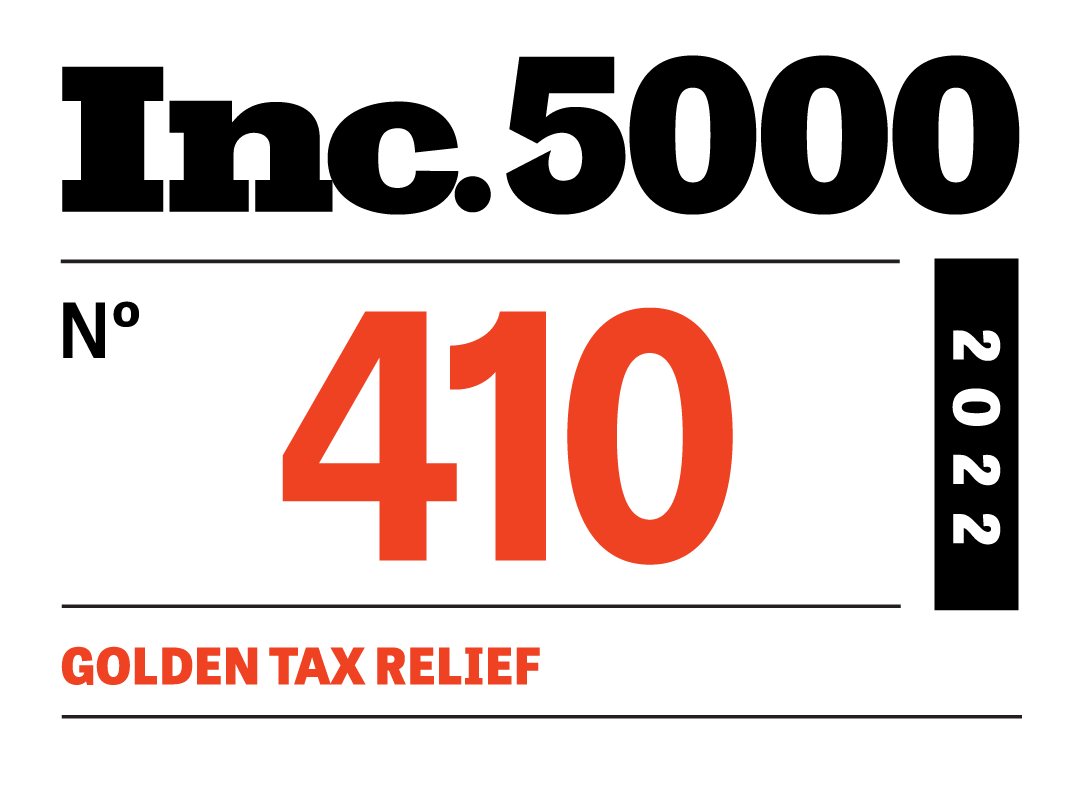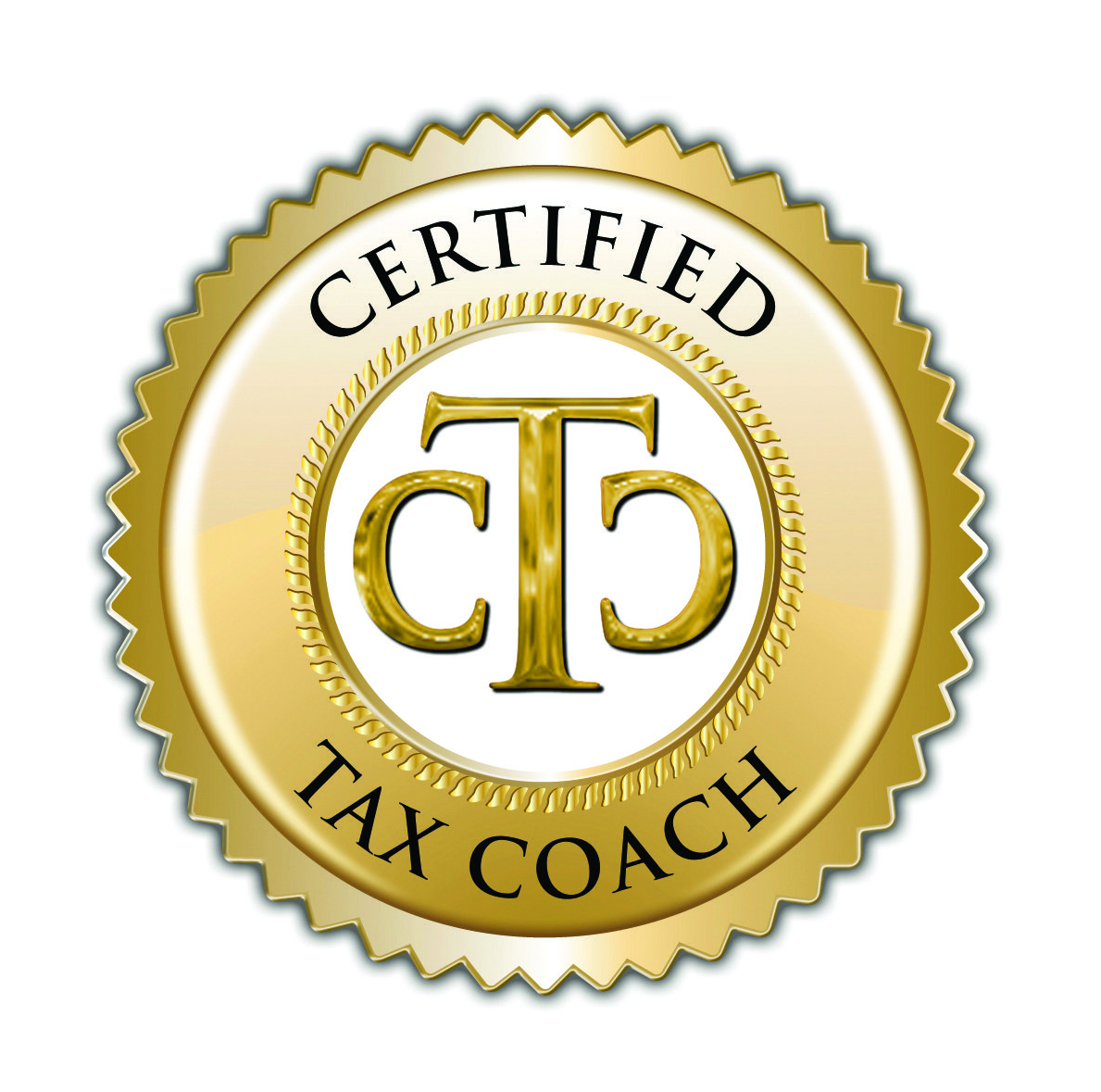Ranked in Top 500 Fastest Growing Companies in The USA

Tax Strategies for Your Retirement Income

Reducing taxes in retirement can significantly impact the overall financial health and stability of individuals. As retirees navigate this crucial phase of life, it becomes imperative to strategize effectively to optimize tax savings. Several key tactics can be employed to achieve this.
Live in a Tax-Friendly State
Selecting a tax-friendly state to reside in during retirement can substantially minimize tax burdens. States with lower income tax rates or those that do not impose income taxes can offer significant financial relief to retirees.
Additionally, understanding the specific tax exemptions and benefits provided by a state, such as property tax breaks for seniors, can contribute to substantial tax savings over time. Moreover, being aware of any tax credits or deductions offered to retirees within the chosen state can further enhance tax planning strategies.
Invest Tax-efficiently in a Brokerage Account
Efficiently managing investments within a brokerage account is vital to reducing taxes in retirement. Opting for investments with favorable tax treatment, such as long-term capital gains, can help minimize tax liabilities.
Implementing a diversified investment strategy that focuses on tax-efficient investment vehicles, like index funds or exchange-traded funds (ETFs), can be beneficial. Furthermore, regularly reviewing and rebalancing the portfolio to ensure optimal tax efficiency, such as avoiding excessive trading that could trigger short-term capital gains taxes, can lead to long-term tax savings.
Consider Tax-deferred Retirement Plans
Utilizing tax-deferred retirement plans, such as traditional IRAs or 401(k) accounts, can provide substantial tax benefits during retirement. Contributions to these plans are often tax-deductible, thereby reducing taxable income in the present, while the funds grow tax-deferred until withdrawal during retirement.
Implementing strategies such as maximizing contributions to these accounts, taking advantage of catch-up contributions for those over 50, and strategically timing withdrawals to minimize tax implications can all contribute to effective tax planning in retirement.
Approach Charitable Giving in the Most Advantageous Way
Strategic philanthropy can not only benefit society but also offer substantial tax advantages during retirement. Opting for tax-efficient charitable giving strategies, such as donating appreciated assets like stocks or mutual funds directly to charitable organizations, can result in significant tax savings.
By doing so, retirees can avoid capital gains taxes on the appreciated assets while also receiving a tax deduction for the fair market value of the donated assets. Establishing a donor-advised fund can also facilitate tax-efficient giving by allowing retirees to make charitable contributions over an extended period while potentially receiving immediate tax benefits.
Consider Selling Securities in Non-qualified Accounts
Carefully considering the timing of selling securities in non-qualified brokerage accounts can help minimize tax liabilities. Implementing a strategic approach, such as tax-loss harvesting, where capital losses are realized to offset capital gains, can be an effective tactic.
Additionally, being mindful of the tax implications of selling appreciated securities and considering the use of specific identification methods for cost-basis calculation can further optimize tax savings. Keeping a vigilant eye on the tax brackets and potential tax consequences of any asset sales can aid in making informed decisions about the sale of securities in non-qualified accounts.
Be Strategic About Social Security Benefits
One effective approach is to manage the timing of benefit withdrawals and other sources of income. Delaying the commencement of Social Security benefits until full retirement age or later can result in higher monthly payments, potentially minimizing the need to draw from other taxable retirement accounts.
Furthermore, structuring retirement income to include a mix of taxable and tax-advantaged accounts can create flexibility in managing tax liabilities. Utilizing strategies such as Roth conversions during lower-income years helps minimize tax burdens during retirement. By optimizing the timing and composition of Social Security benefits and other income sources, retirees can effectively minimize their tax liabilities and maximize their overall retirement income.
Golden Tax Relief can effectively reduce your tax burdens and optimize your financial well-being during your retirement years. Contact us to get started.












